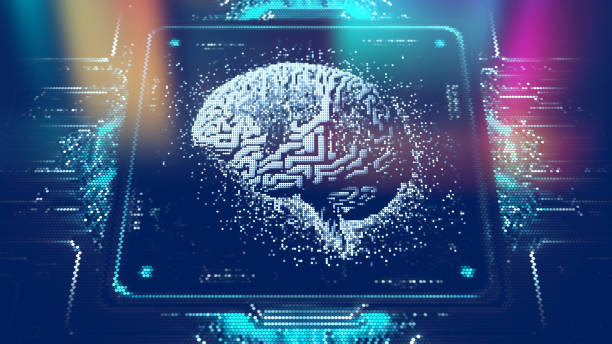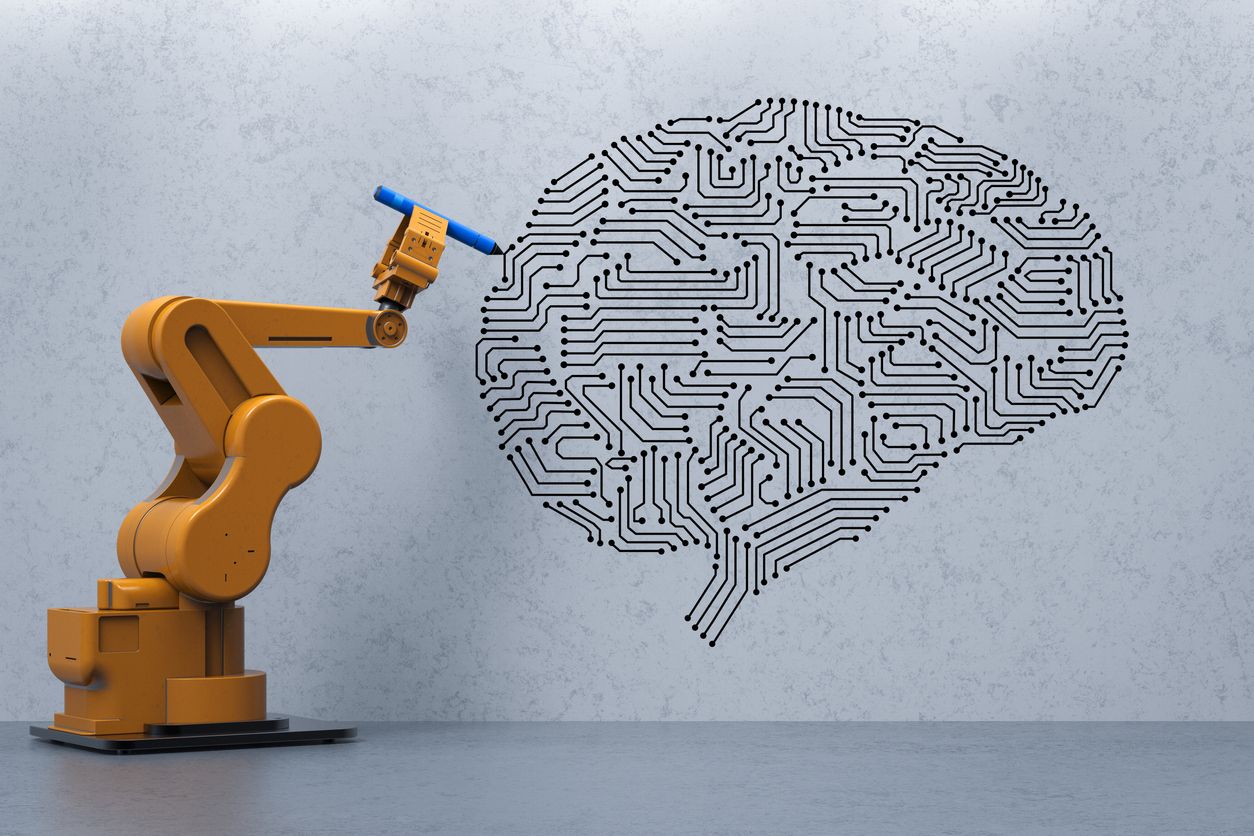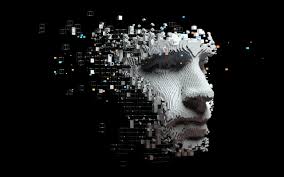Artificial intelligence (AI) – or the technology that enables machines to exhibit intelligent behaviour, often compared to that of humans – is set to become more powerful and ubiquitous in the coming years. This is because quantum computing, which uses particles of matter such as photons and electrons, to perform calculations much faster than traditional computers. quantum computing has the potential to revolutionize many AI applications, including those that involve brain-like functions, like natural language processing and machine learning. However, there are also potential challenges associated with quantum computing. For example, it could be used to break into secure systems or hack into databases. Thus, it is important that we understand how this technology will affect our existing AI applications and come up with strategies for mitigating these risks.
What is quantum computing?
Quantum computing is a new technology that uses quantum bits, or qubits, which are much more powerful than the standard 1s and 0s of classical computing. This allows quantum computers to solve problems much faster than classical computers.
Quantum computers can potentially revolutionize many areas of life, including artificial intelligence (AI). AI relies on data processing algorithms that are run on big data sets. Big data sets are collections of large amounts of data that can be difficult for classical computers to handle. Quantum computers could be used to speed up these algorithm calculations.
Another area where quantum computing could be useful is cybersecurity. Classical computer systems can be hacked by hackers who exploit vulnerabilities in traditional computer systems. Quantum computer systems are immune to some of these vulnerabilities because they operate on principles that are fundamentally different from those of traditional computers. As a result, quantum security solutions may be necessary for the future for certain types of information exchanges and other critical applications.
How does quantum computing change artificial intelligence?
Quantum computing will have a big impact on artificial intelligence applications because it deals with data. Traditional computers use bits, which are either 1 or 0. In quantum computing, bits can be both 1 and 0 simultaneously. This allows for more complicated calculations to be done because it can handle multiple solutions at the same time.
This technology is already used in some AI applications, such as voice recognition and machine learning. It’s also being tested for more complex tasks like solving chemistry problems and detecting financial fraud.
The main benefit of quantum computing is that it allows for faster processing of information. This could lead to improved accuracy and speed in certain AI applications. It could also help to solve some of the challenges that have been hampering the development of artificial intelligence, such as the difficulty of training machines to learn from data.
How does quantum computing work?
Quantum computing is a new way of doing computations that use particles called quantum bits or qubits. Traditional computers use bits to store information, but a qubit can hold a fraction of a bit, which makes it much more powerful.
One way quantum computing could affect artificial intelligence applications is by making it easier to solve certain types of problems. For example, if you want to learn how to play chess, you can use classical computers to try different strategies until you find one that works. But with quantum computers, you could try many different strategies simultaneously and see which works best. This process would be much faster and more efficient than using classical computers.
Another potential application for quantum computing is in pharmaceuticals. Drugs are designed to work well in a specific environment – like the human body – but they might not work as well in another environment like the stomach of a fish. Using quantum computing, scientists could design drugs that work well in both environments. This would make drugs cheaper and quicker to develop because they wouldn’t have to be tested in many different environments first.
How will quantum computing affect brainly?
Artificial intelligence (AI) has come a long way in recent years, but there are still many applications that cannot be performed by computers alone. Quantum computing could revolutionize this field, as quantum computers can solve problems much faster than traditional computers.
The first application of quantum computing is in cryptography. Imagine being able to encrypt a message using a quantum algorithm instead of a classical one. This would make it impossible for anyone else to decrypt the message without knowing the correct code.
Another area where quantum computing could be valuable is in machine learning. With machine learning, you can train a computer to recognize patterns and make predictions on its own. In theory, this could allow machines to learn how to do things like ride bicycles or play video games on their own.
However, there are also some limitations to quantum computing that may prevent it from completely replacing classical computers. For example, classical computers can process large amounts of data at once while quantum computers are limited in terms of how many qubits they can contain at any given time.
What are the benefits of quantum computing?
Quantum computing can solve problems much faster than classical computers, which makes it a valuable tool for tasks such as artificial intelligence and machine learning.
One of the most important benefits of quantum computing is that it can exploit so-called “superposition” states, in which a particle can be in more than one place at once. This allows quantum computers to perform multiple calculations at the same time, which is faster than classical computers.
Another advantage of quantum computing is that it can work with smaller data sets than classical computers. This makes it possible to process information more quickly and efficiently.
How will quantum computing affect artificial intelligence applications?
Artificial intelligence has been progressing rapidly in recent years, with machines becoming increasingly adept at performing complex tasks. However, artificial intelligence is still far from achieving human parity, meaning that there are large areas where machines perform better than humans. quantum computing could play a pivotal role in accelerating the development of artificial intelligence as it could allow machines to achieve superhuman levels of performance in some areas.
Quantum computers use quantum bits instead of classical bits, which makes them more powerful and efficient at carrying out calculations. This could lead to significant improvements in artificial intelligence as quantum computers are much better at solving problems that require complex mathematical calculations. In fact, some researchers believe that quantum computers will be able to solve many problems that are currently impossible for AI machines.
This would be a huge boon for the field of artificial intelligence as it would enable machines to outperform humans on certain tasks. It is difficult for AI machines to learn and improve upon their own performance given the complexity of many cognitive tasks, but with quantum computing this may soon change. Furthermore, using quantum computers to train neural networks could speed up the development of AI systems significantly.
Conclusion
Quantum computers are poised to have a profound effect on artificial intelligence, perhaps even superseding traditional computing methods in the near future. This article has provided an overview of what quantum computing is and how it works, as well as some of the ways that quantum AI could be used. Quantum AI will enable machines to process information much more quickly and effectively than classical algorithms, opening up opportunities for new kinds of intelligent applications that were previously inconceivable.





